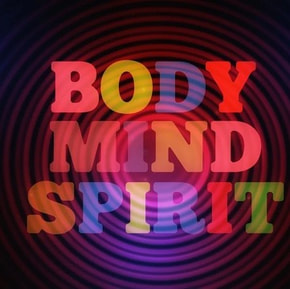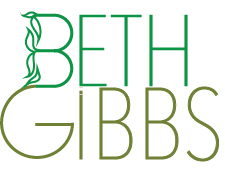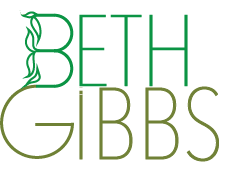ENLIGHTEN UP! a blogSelf-awareness stories: lighting our way to clarity, contentment and resilience in a complicated world.
|
 Guest Post: Boca Recovery Center Addiction is a complex and multifaceted issue that affects millions of people worldwide. Whether it's substance abuse, gambling, or other compulsive behaviors, overcoming addiction requires a comprehensive approach that addresses the physical, mental, and emotional aspects of the individual. In recent years, holistic practices like yoga have gained recognition for their positive impact on addiction recovery. The ancient practice of yoga offers a unique set of tools that can significantly aid individuals on their journey to recovery. This article explores the role of yoga in addiction recovery and introduces two techniques that can be particularly beneficial. Understanding the Connection between Yoga and Addiction Recovery: Yoga is more than just a physical exercise; it's a holistic practice that encompasses physical postures (asanas), breath control (pranayama), meditation, and ethical principles. Its philosophy promotes self-awareness, mindfulness, and the development of a balanced and harmonious lifestyle. These aspects align closely with the goals of addiction recovery. Mind-Body Connection: Addiction often leads to a disconnection between the mind and body. Yoga helps individuals reconnect with their bodies through the practice of asanas. These postures not only improve physical health but also cultivate a sense of self-awareness. As individuals learn to listen to their bodies and become attuned to their sensations, they can better understand the triggers and responses that contribute to their addictive behaviors. Stress Reduction: Stress is a common trigger for addictive behaviors and relapse. Yoga incorporates various relaxation techniques, such as deep breathing and meditation, that activate the body's relaxation response. This reduces stress, anxiety, and depression – all of which are common challenges in addiction recovery. Emotional Regulation: Many people turn to addiction as a way to cope with difficult emotions. Yoga encourages emotional regulation by teaching individuals to observe their thoughts and feelings without judgment. Meditation and mindfulness practices in yoga help develop the capacity to manage emotions, reducing the need for substance or behavior-based coping mechanisms. Holistic Healing: Addiction affects not only the body but also the mind and spirit. Yoga's holistic approach addresses all these aspects. It can provide a sense of purpose, improved self-esteem, and a supportive community – all crucial elements in the recovery process. Yoga Techniques for Addiction Recovery: Yoga Nidra (Yogic Sleep): Yoga Nidra is a powerful technique for deep relaxation and inner exploration. It involves lying down in a comfortable position while following the guidance of an instructor. The practice systematically guides individuals through different layers of their being, helping them release tension and access subconscious patterns. In addiction recovery, Yoga Nidra can aid in uncovering underlying emotional triggers and promoting overall relaxation. Alternate Nostril Breathing (Nadi Shodhana): This pranayama technique involves breathing through alternate nostrils. It balances the left and right hemispheres of the brain, promoting mental clarity and emotional stability. Nadi Shodhana can be immensely helpful in reducing cravings and impulsivity associated with addiction. It's a simple practice that can be done anywhere and anytime stress or triggers arise. In conclusion, the incorporation of yoga into addiction recovery programs can offer a holistic approach that addresses the physical, mental, and emotional aspects of healing. Through practices like asanas, pranayama, meditation, and ethical principles, individuals can rebuild their mind-body connection, manage stress, regulate emotions, and cultivate a sense of overall well-being. Yoga techniques like Yoga Nidra and Alternate Nostril Breathing further enhance these benefits. While yoga is not a substitute for professional treatment, it can be a valuable complementary tool in the journey to recovery, promoting lasting positive changes in the lives of those overcoming addiction. This guest post is provided by the staff of the Boca Recovery Center. You can find more information about their organization here: https://bocarecoverycenter.com/treatment/yoga/
0 Comments
|
Archives
July 2024
AuthorBETH GIBBS started her yoga practice in 1968, four months after her son was born and she’s been practicing ever since. She currently teaches all levels therapeutic yoga classes for adults, and specialty classes for seniors in the Hartford, Connecticut area. Beth is a certified yoga therapist through the International Association of Yoga Therapists and is guest faculty at the Kripalu School of Integrative Yoga Therapy. She writes for the blogs, Yoga for Healthy Aging, and Accessible Yoga. Her master’s degree from Lesley University in Cambridge, MA is in Yoga Therapy and Mind/Body Health. Categories |
|
|
Enlighten Up! a Blog
|
Copyright © 2023 Beth Gibbs

 RSS Feed
RSS Feed
